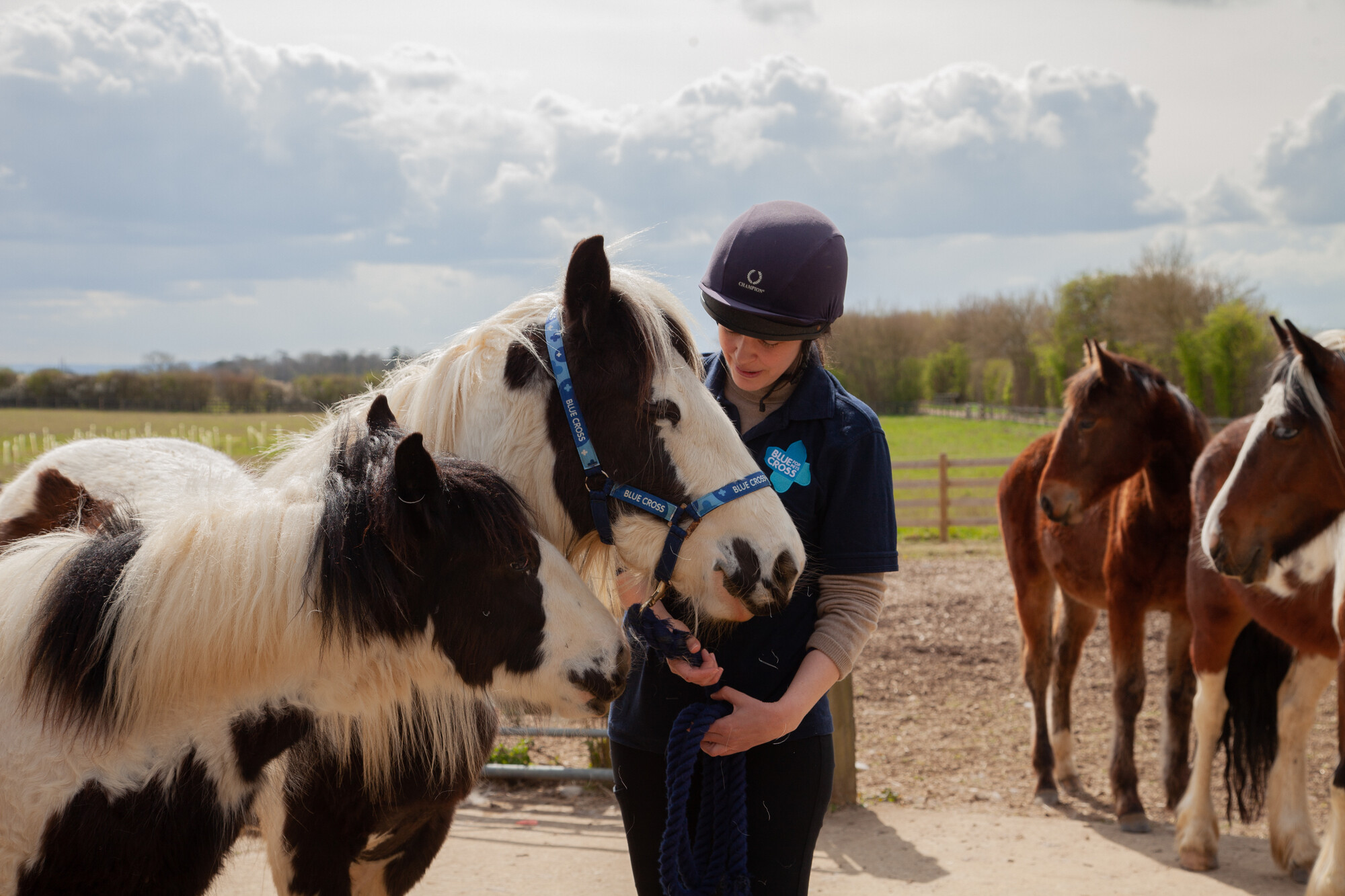
Horse passports
A horse or equine passport is a compulsory document for all horses, ponies, donkeys and mules in the UK.
A horse passport is a small booklet or smart card that identifies your horse, pony, donkey or mule. The purpose of your horse's passport is to document:
- your information as the registered owner
- your horse's height, species, breed and colour
- any medication that your horse has received, including vaccinations
- your horse's microchip number
- consent as to whether your horse can be used within the food chain when they die
It's a legal requirement for all equines in the UK to hold a valid passport. The passport must be kept with your horse at all times, whether travelling or under the care of another keeper.
As your horse's registered owner, it is your responsibility to get a passport and ensure that it's up to date.
Why does my horse need a passport?
It's important that your horse has an up to date passport because:
- it is a legal requirement
- horse passports prevent horses that have been treated with certain medication from entering the human food chain
- keeping your horse's microchip and passport details up to date on the on the Central Equine Database can help you reunite with your horse if they get lost or stolen
Important
It's important that all horses that have been given drugs that are not fit for human consumption, such as Bute (equipalazone) for pain relief, are signed out of the human food chain on their passport.
When would I need my horse’s passport?
Your horse's passport must always accompany your horse. If you are unable to show a valid horse passport, you can be charged with an unlimited fine.
You will need to show your horse's passport when:
- your horse is being treated by a vet
- handing over ownership to someone else
Applying for a passport
Foals should have a valid passport and microchip before they reach six months old, or before the 30 November within the year they are born.
If you have purchased a new horse who already has a passport, you will need to update their original passport, rather than apply for a new one.
If you do need to apply for a new passport, you can do this by:
- making sure your horse is microchipped beforehand. Your horse's passport and their microchip should be linked.
- choosing a suitable Passport Issuing Organisation (PIO) and applying for the passport directly through them
Important
If your horse is imported into the UK from a non-UK country, you must also register them with a UK PIO. This process is called overstamping. This needs to be done within 30 days of arriving in the UK. You can find more information at Gov.uk.
How much will my horse's passport cost?
The cost of your horse's passport will vary depending on the PIO that you use and the type of passport your horse needs. However, most passports should cost around £25 to £30.
Changing your horse's passport details
Your horse's PIO will need to be contacted if there are any changes with their passport. They must be contacted within 30 days to notify them of:
- any change in ownership
- stallion castration, if your horse has been castrated since their passport was issued
- a horse’s death
When your horse passes away, their passport needs to be returned to the PIO that issued it. They will then update the records.
If you buy or sell a horse, the horse's passport must be given to their new owner at the time of purchase, so the new owner can contact the registered PIO and notify them of the change.
Note
Horses cannot be sold without a passport.
What to do if your horse's passport is lost or stolen
If your horse's passport gets lost or stolen, you can get in touch with your horse's PIO to request a replacement passport.
If you're unsure who your horse's PIO is, you can apply for a duplicate with another Passport Issuing Organisation.
Linking your horse's microchip to their passport
It's important to make sure that your horse's microchip is registered with their PIO on the Central Equine Database.
You can check whether your horse's passport and microchip are linked by entering their microchip details into Chipchecker. If they are linked, your horse’s details will come up, along with the PIO they’re registered with.
If the PIO does not show, it could mean that your horse's microchip is not registered with their passport. If this is the case, you’ll need to get in touch with your PIO and let them know.
You can find a list of all UK PIOs and their contact details on the Equine Register.
Is my horse's passport proof of ownership?
No, neither your horse's passport or their microchip act as proof of ownership. Your horse's passport is instead a document used to identify your horse and document any medication that has been given.
To prove ownership, you may be asked to show other documents such as proof of purchase, veterinary records or insurance.
Page details
Reviewed
• 6 October 2023
Next review
• 6 October 2026





